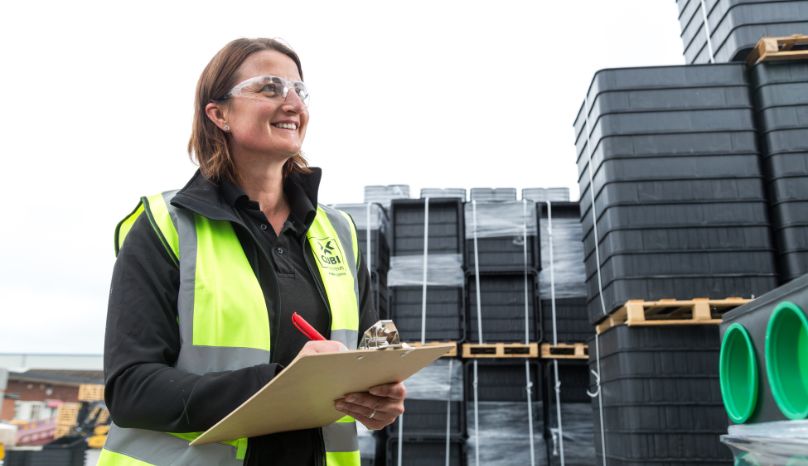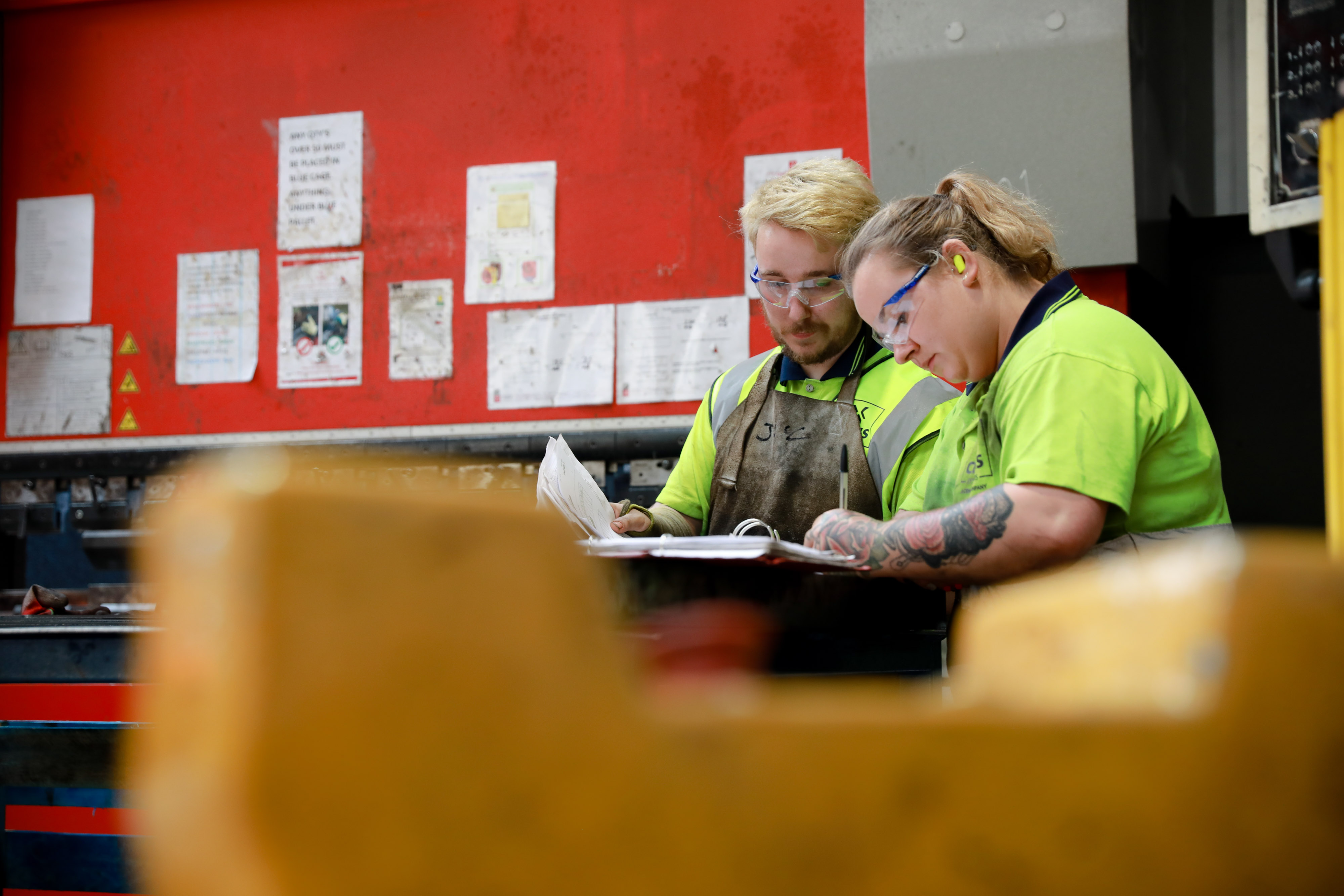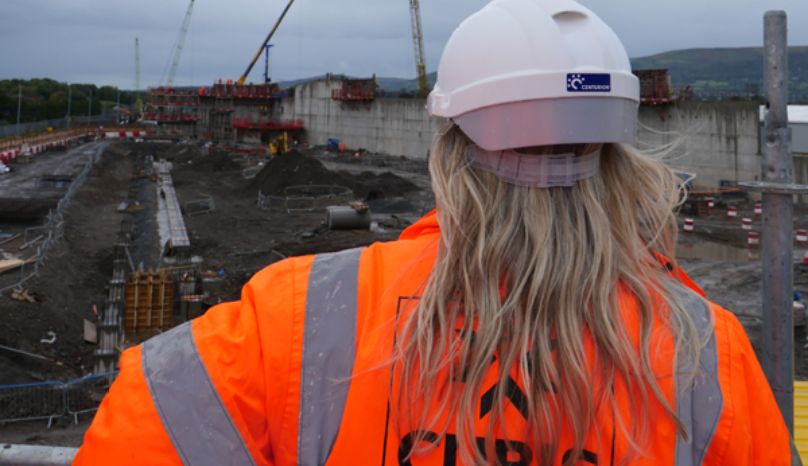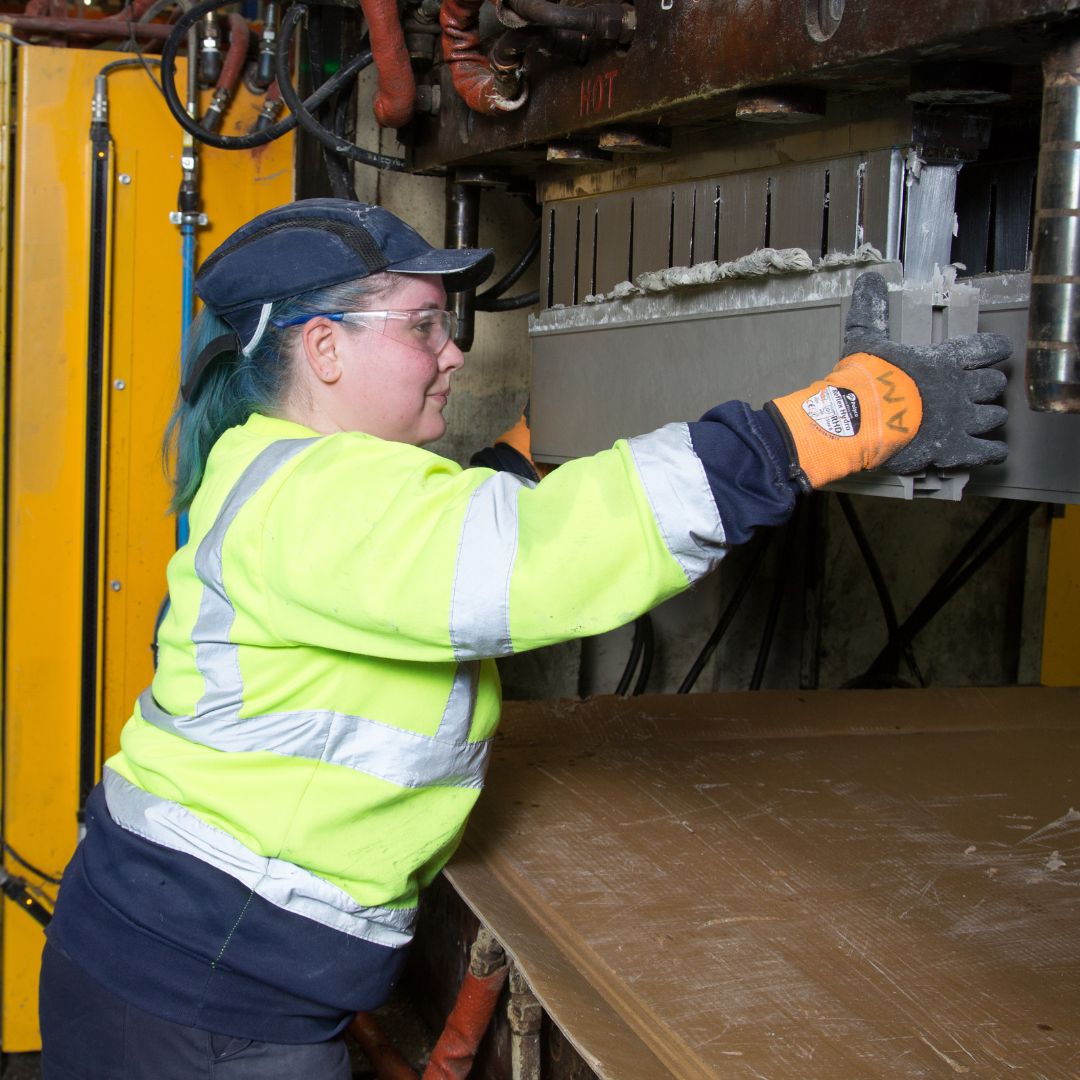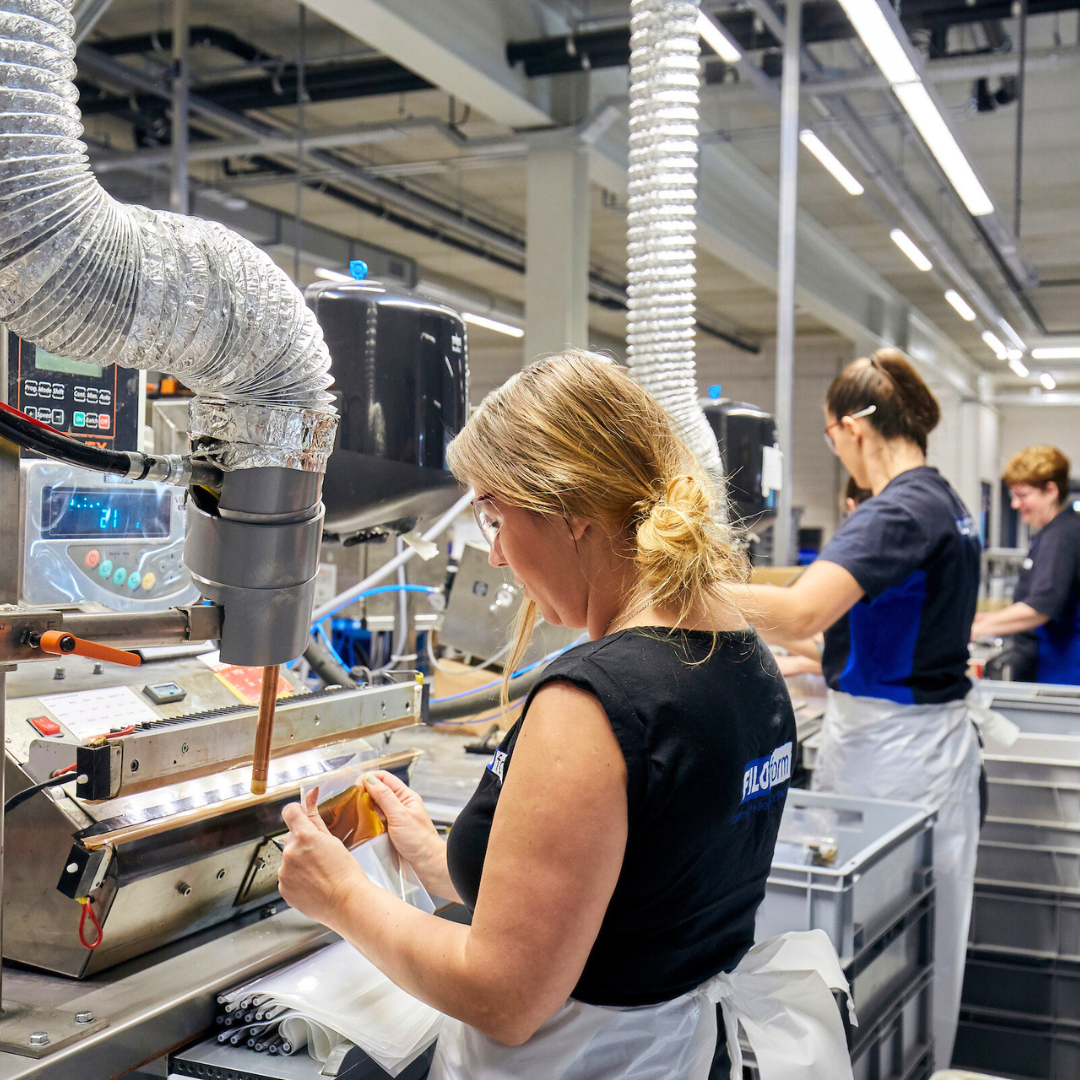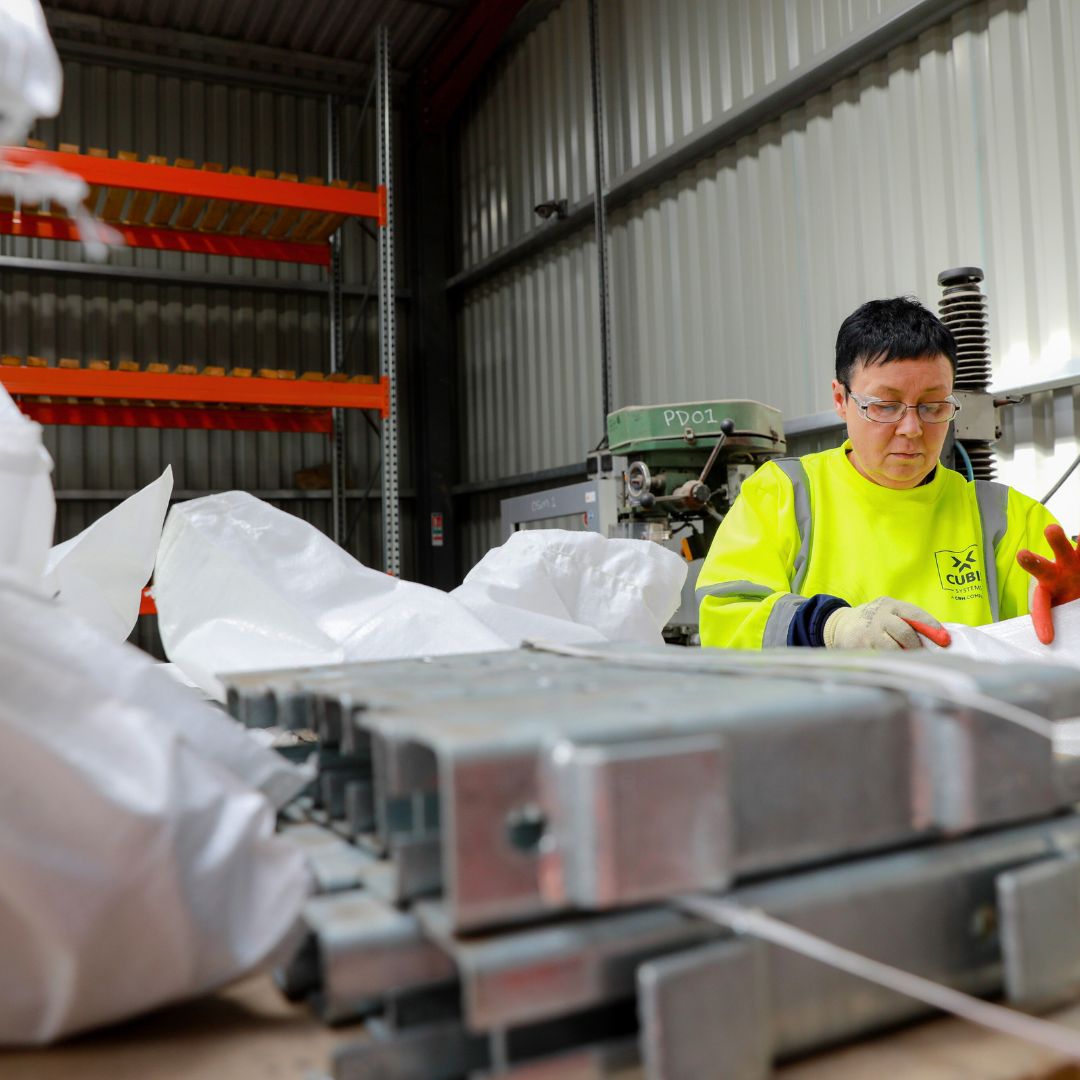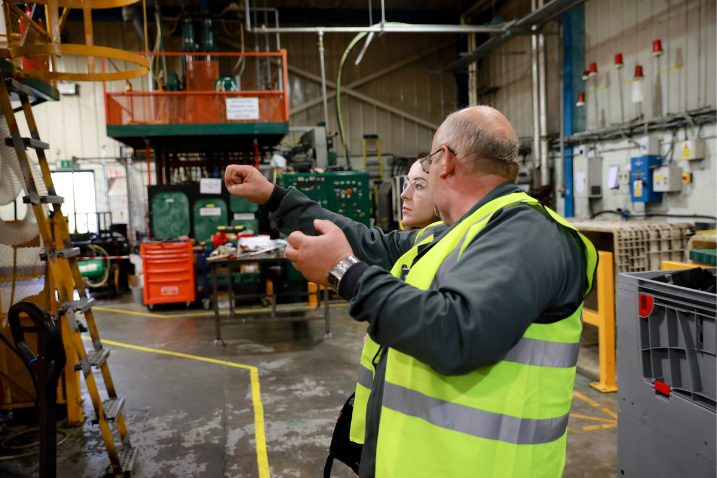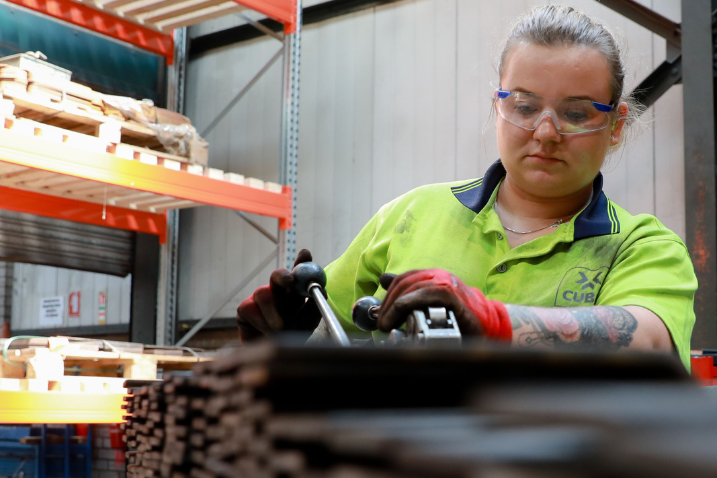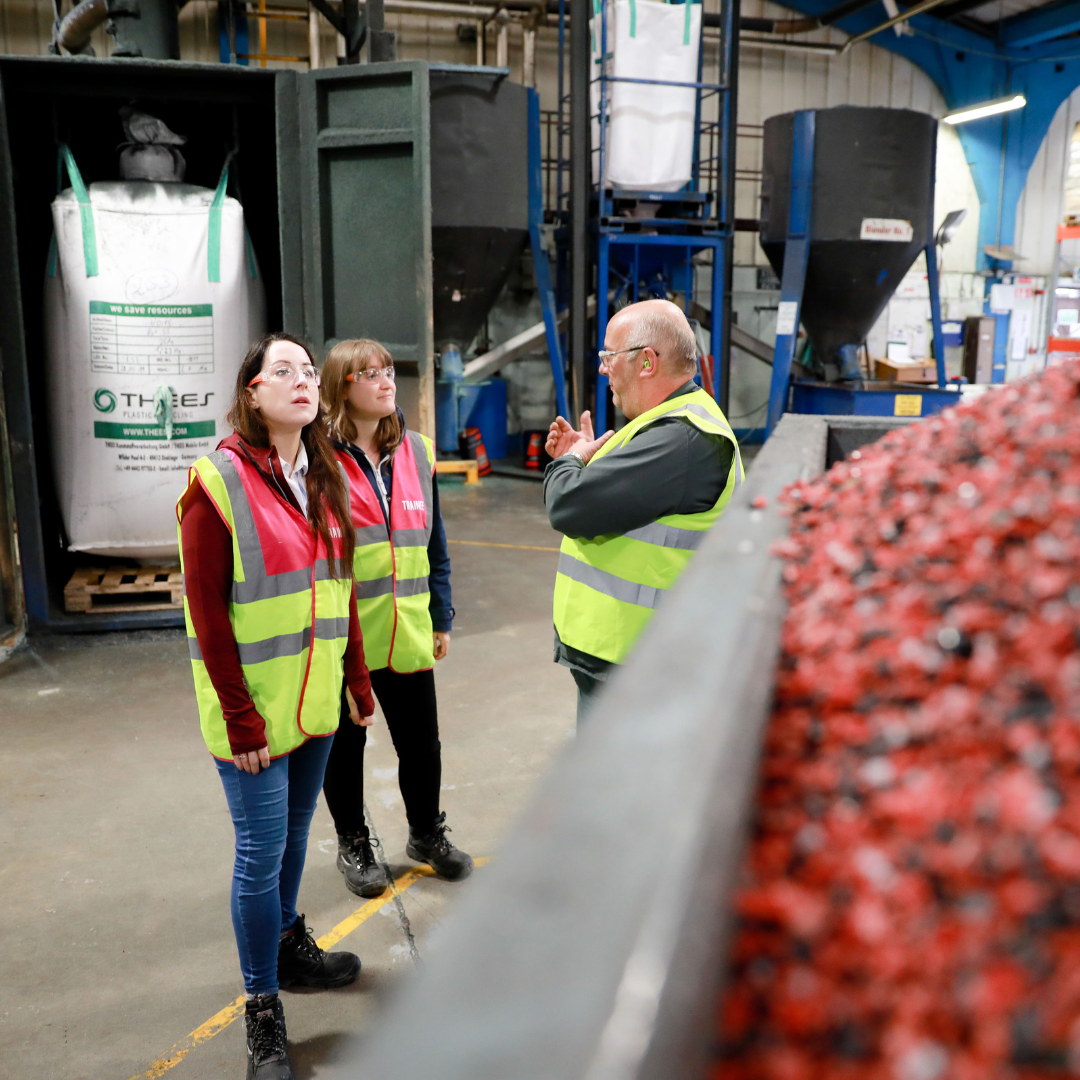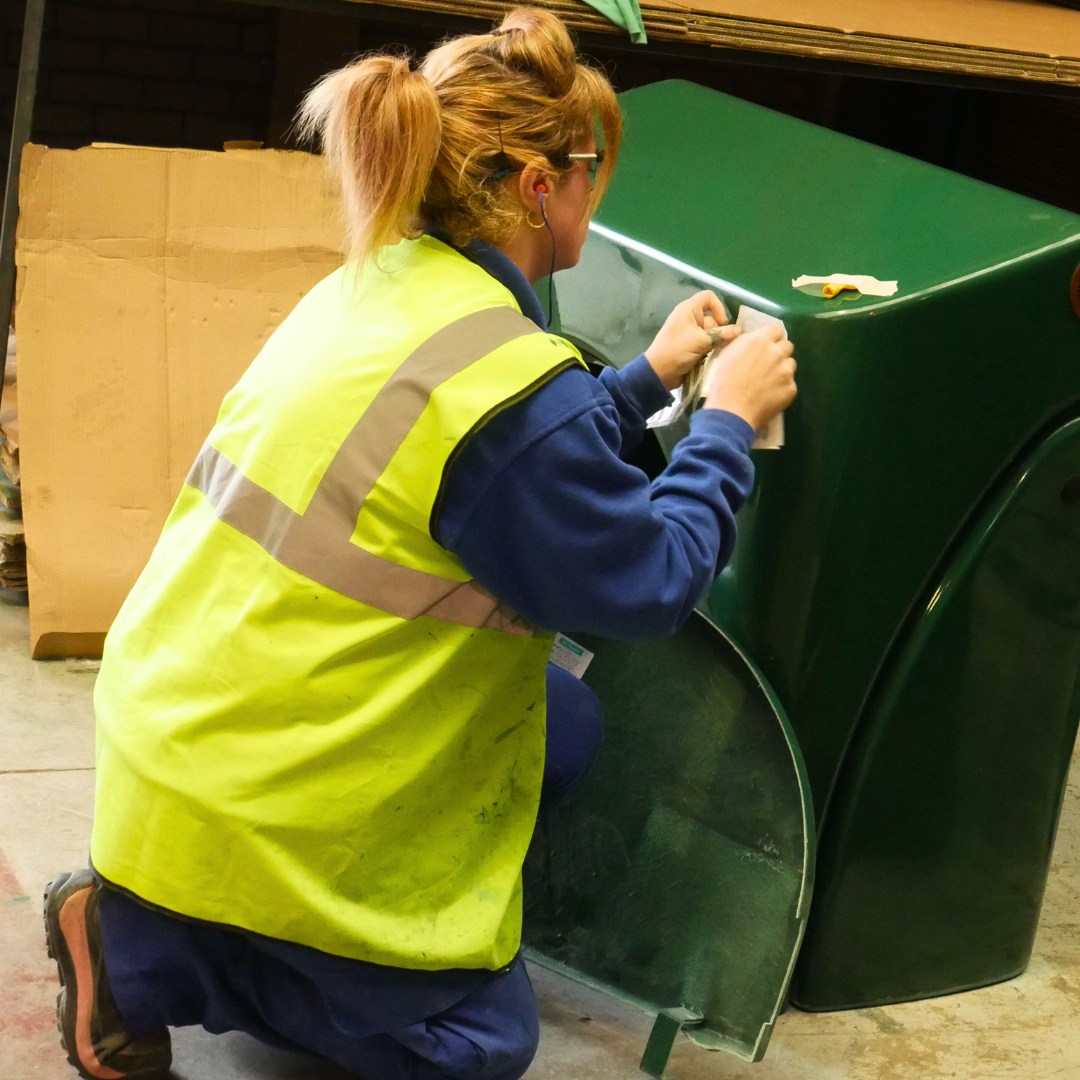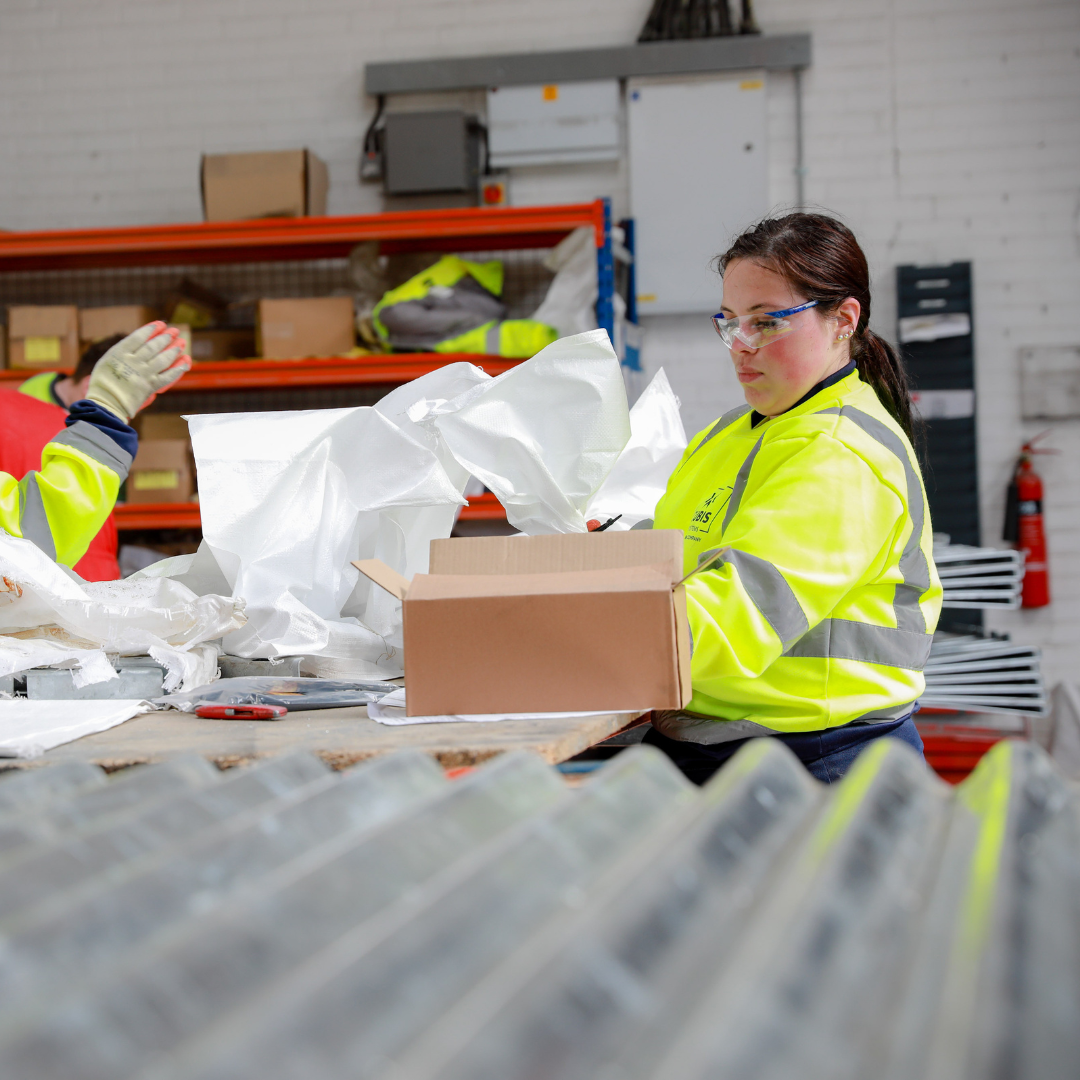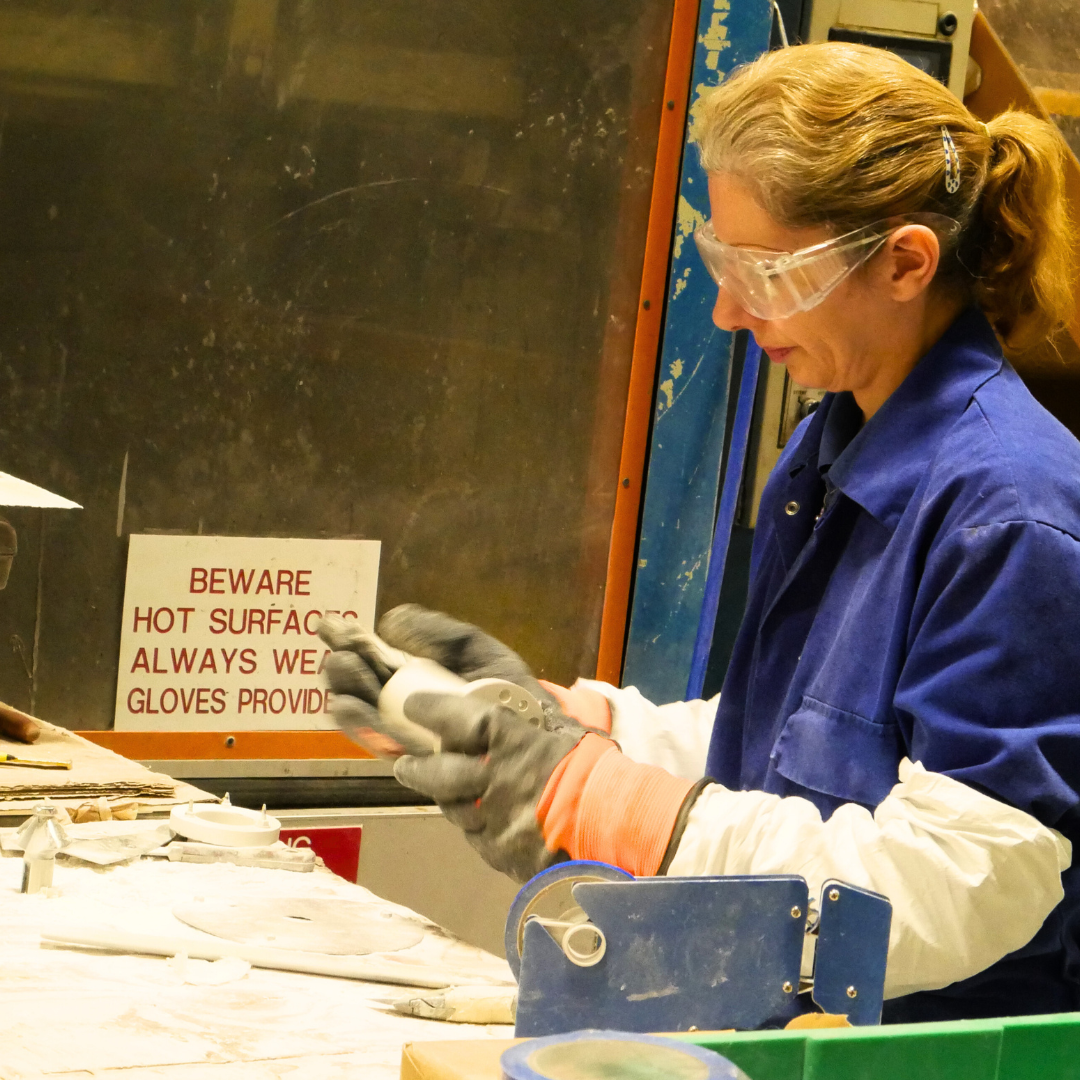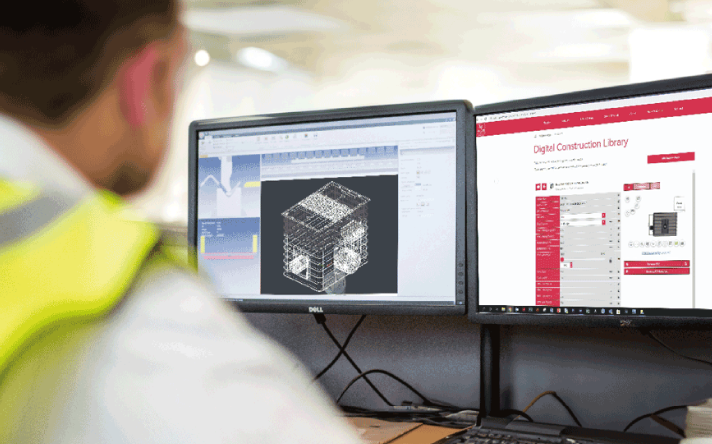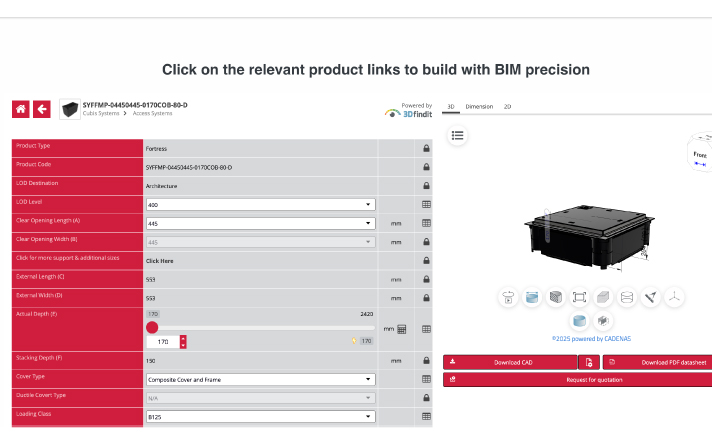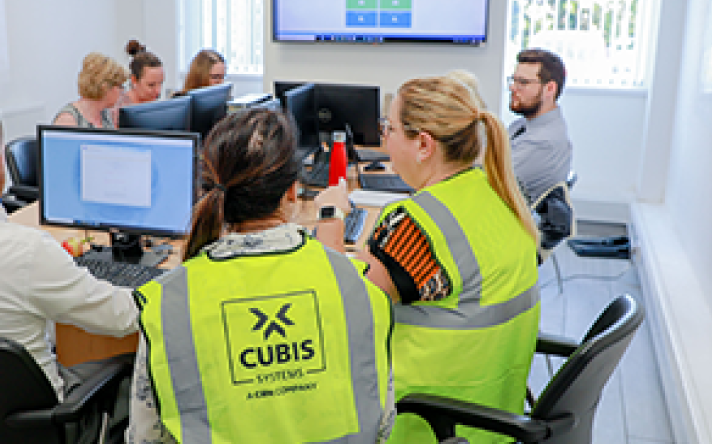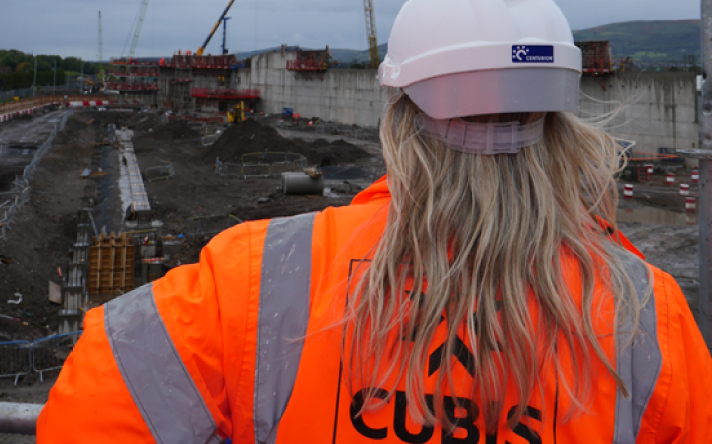Breaking Barriers
An Interview with Audrey Abcouwer on International Women’s Day in Manufacturing
The manufacturing industry has long been perceived as a male-dominated field. Historically, women have been underrepresented in technical roles, leadership positions, and on the factory floor.
We’re proud to be driving the gender equity change. International Women’s Day (IWD) serves as a powerful reminder of the progress made — and the work still to be done — to ensure diversity, equity, and inclusion (DEI) in manufacturing.
To explore this topic, we sat down with Audrey Abcouwer, our HR & Talent Director. Audrey discusses the significance of IWD, our Group commitment to inclusivity, and how we can drive lasting industry change.
Q: In your opinion, why is International Women’s Day important in the manufacturing industry?
Audrey: "Gender norms and stereotypes still play a significant role in shaping career paths, often steering women and men into traditionally segregated roles. Those drawn lines are particularly strong in manufacturing industries, where the traditional gendered division of labour persists. For example, in the UK, women make up for only 26% of all workers in the manufacturing sector.
International Women’s Day provides an important opportunity to reflect, recognise, and take action. It’s a moment to celebrate the contribution of women in manufacturing, while also driving meaningful change toward a more inclusive and equitable workplace.
We’ve made strides in increasing female representation, but there’s still much work to do. IWD is a great opportunity to highlight these challenges and commit to real change."
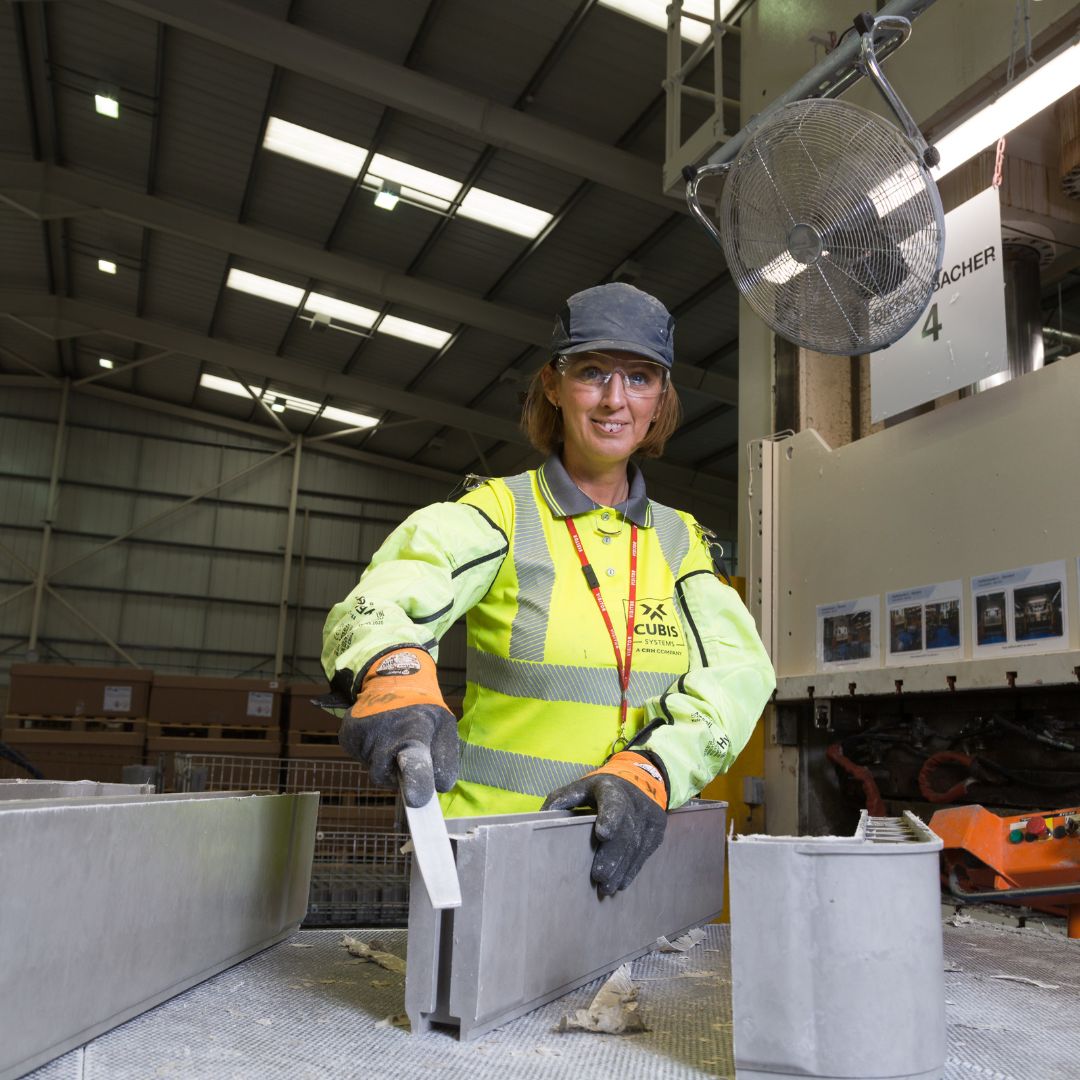
Q: How does diversity benefit the manufacturing industry?
Audrey: "It’s now well-proven that diversity drives innovation, improves problem-solving, and leads to better business outcomes.
Studies show that companies with diverse teams perform better due to access to different ways of thinking. Research also suggests that increasing the representation of women in leadership correlates with higher financial performance.
However, manufacturing still struggles with gender diversity. This is particularly true both in roles requiring STEM skills (Science, Technology, Engineering, and Mathematics), and in our own construction niche.
Time and again here, we see firsthand how a more inclusive culture leads to stronger collaboration and better business outcomes.
So, having more women in manufacturing isn’t just about fairness. Looking at the big-picture view, gender equity is also about building a more dynamic and successful industry as a whole."
Q: What do you think can be done to encourage female participation in manufacturing?
Audrey: “Recent reports highlight that one of the most effective ways to reduce the gender pay gap in manufacturing is through investment in STEM education. Encouraging young girls to explore careers in engineering, technology, and production roles from an early age can help break down the barriers that have traditionally limited female participation in manufacturing.
However, the perception that “women may not be as welcome” in manufacturing isn’t just a misconception.. In a global report from the International Trade Union Confederation (ITUC), it was revealed that women are paid about 18% less than men doing the same manufacturing work on average.
So, in this context where perceptions of exclusion are compounded by real-world pay gaps, the industry has work to do. Firstly, we must engage young people and promote manufacturing as a dynamic and evolving sector that offers exciting opportunities for all. By working with schools, universities, and industry organisations to provide mentorship, apprenticeships, and clear career pathways, we can attract more women into manufacturing.
Secondly, companies must actively analyse, understand, and address gender pay gaps as part of an ongoing and iterative process. Only by supporting both the current and next generation of women in STEM can we ensure that manufacturing continues to positively evolve.”
Click here to read more about how Cubis Systems supports young women in STEM: https://www.cubis-systems.com/uk/news-and-events/2025/february/a-day-in-the-life-chemistry-degree-apprenticeship-with-cubis-systems/
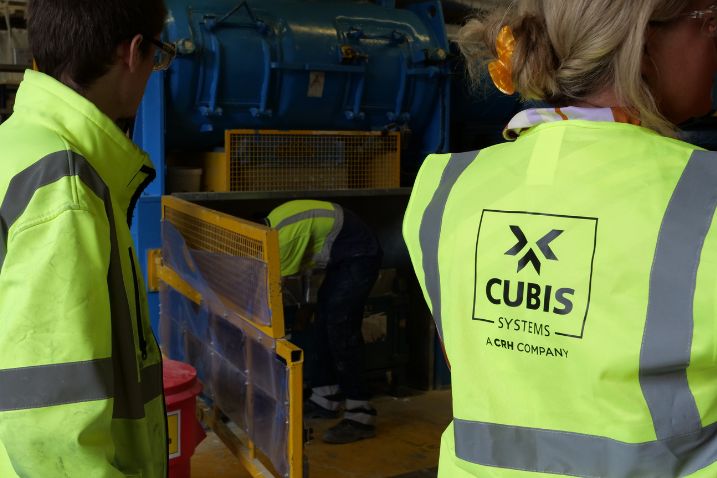
Q: What are some of the biggest challenges women face in manufacturing?
Audrey: “Despite progress, women still encounter significant challenges. These include gender stereotypes, workplace culture, and lack of representation in leadership. The perception that manufacturing is a ‘man’s job’ discourages many women from pursuing careers in the field.
Additionally, workplace culture plays a huge role. Without strong mentorship and career development opportunities, it can be difficult for women to advance.
Beyond these traditional challenges, digital transformation is now introducing new opportunities and hurdles for women in manufacturing.”
Q: Can you tell us more about these new digital transformation factors?
Audrey: “A recent report from the University of Cambridge underscores the importance of gender-inclusive digitalisation in manufacturing. Automation, artificial intelligence, and digital tools are reshaping the industry. Such changes have the potential to either advance or hinder gender equality, depending on how they are implemented.
The shift toward digitalisation in manufacturing presents a unique opportunity to close gender gaps by creating more flexible, skill- based roles. However if companies fail to address existing biases in hiring, training and leadership development, digital transformation could inadvertently reinforce inequalities .
To address this, companies need to be intentional in designing digital transformation strategies that consider gender equity.
This includes, for example:
Q: How do you support women in manufacturing?
Audrey: "We are dedicated to fostering an inclusive and equitable workplace across Group and operating company levels. In a nutshell, we focus on inclusive hiring practices, mentorship and career development, workplace flexibility, and cultivating a culture of belonging.
To look specifically at our Cubis business, for example, we have been awarded the Bronze Diversity Mark as living evidence of our commitment. This accreditation acknowledges organisations that challenge the diversity barriers faced within the business environment.
When we look more broadly at CRH, we take DEI data seriously. Just some actions taken at Group level include:
-
• Publishing an annual gender pay gap report
-
• Providing opportunities to all employees to help them realise their full potential – plus tracking representation to assess their effectiveness
-
• Closely monitoring the remuneration of our management layers to ensure that we are offering equal pay for equal work
-
• Monitoring participation of women in our workforce as a whole – with a commitment to increasing representation of women across the organisation
-
• Making Inclusion & Diversity a standing item on the agenda for the Board’s Safety, Environment and Social Responsibility (SESR) Committee
-
• Establishing a Global Inclusion & Diversity Council, plus Inclusion & Diversity programmes at local levels across our operating companies
-
• Establishing Employee Resource Groups that bring together minority groups in our organisation and their allies, to facilitate discussion of potential changes
-
• Embedding Inclusion & Diversity in our recruitment practices to ensure we are an open and attractive employer for all – from the drafting of job descriptions to diverse interview panels to candidate selection methodologies
-
• Keeping the health and well-being of our people as our utmost priority through our five anchors: Physical, Mental, Emotional, Financial, and Environmental
Click here to read CRH’s 2024 Gender Pay Gap Report: https://www.crh.com/media/5491/crh-group-services-gender-pay-gap-report-2024.pdf
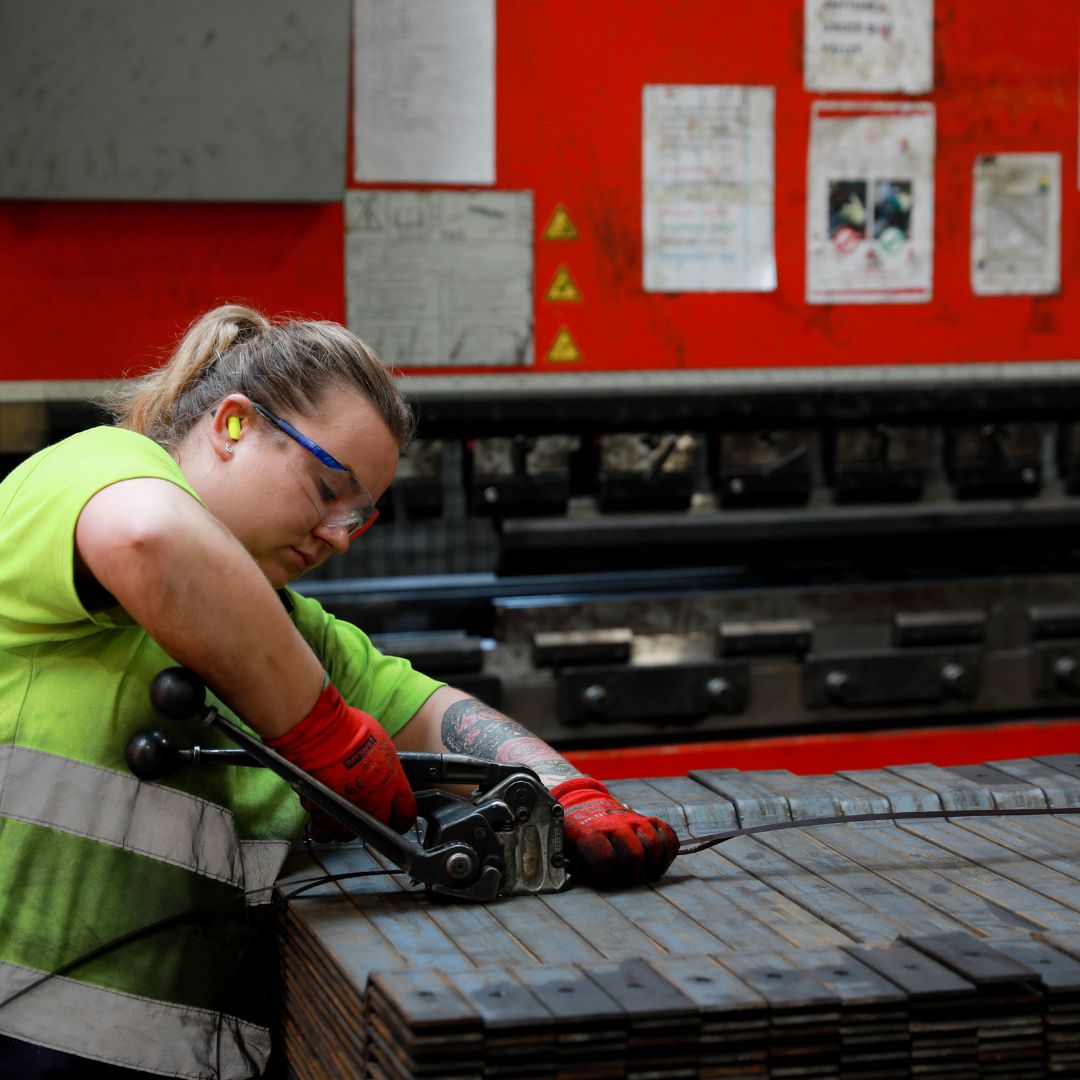
Q: What can the wider industry do to promote inclusivity?
Audrey: "It starts with changing the narrative around manufacturing careers. Companies need to actively challenge gender stereotypes, highlight female role models, and ensure that women have equal opportunities to advance.
Women should share their career story more often to inspire other women in and outside of our industry.
Providing support networks, encouraging open conversations about diversity, and implementing inclusive policies can drive meaningful change. To that end, companies can:
- Develop clear D&I strategies with defined objectives and accountability at leadership levels
- Address unconscious bias through targeted training programs and regular assessment of hiring and promotion practices
- Create inclusive workplaces by ensuring that policies around flexible working, parental leave, and career development cater to diverse needs
- Leverage digital tools and automation to improve accessibility and make manufacturing roles more adaptable to a wider talent pool
- Encourage supplier and partner diversity by working with businesses that align with strong diversity and inclusion values
- Regularly measure progress by gathering employee feedback, conducting audits, and benchmarking against industry best practices
The industry must work collectively to shift perceptions and demonstrate that manufacturing is a viable and inclusive career path for all. By embedding inclusivity into business operations and fostering a culture of belonging, we can create a more equitable future for the sector."
Q: How are you celebrating International Women’s Day this year?
Audrey: "We ask the workforce to nominate inspirational women on their site. We then collate votes and celebrate our nominees – who will receive a physical card from me and a company-wide celebration on our workplace app.
This is a great way to recognise the incredible women within our team, celebrate inspiring stories from our female employees, and reaffirm our commitment to fostering an inclusive workplace.”
Driving long-term success
As we mark International Women’s Day, it is crucial to recognise that fostering inclusivity in manufacturing is not just a moral obligation — it’s a business imperative.
Manufacturing must evolve to provide equitable opportunities, breaking down long-standing barriers and challenging outdated stereotypes. Companies that embed diversity and inclusion into their culture will not only benefit from stronger innovation and collaboration but also drive the sector’s long-term success.
We remain absolutely committed to championing these efforts.


